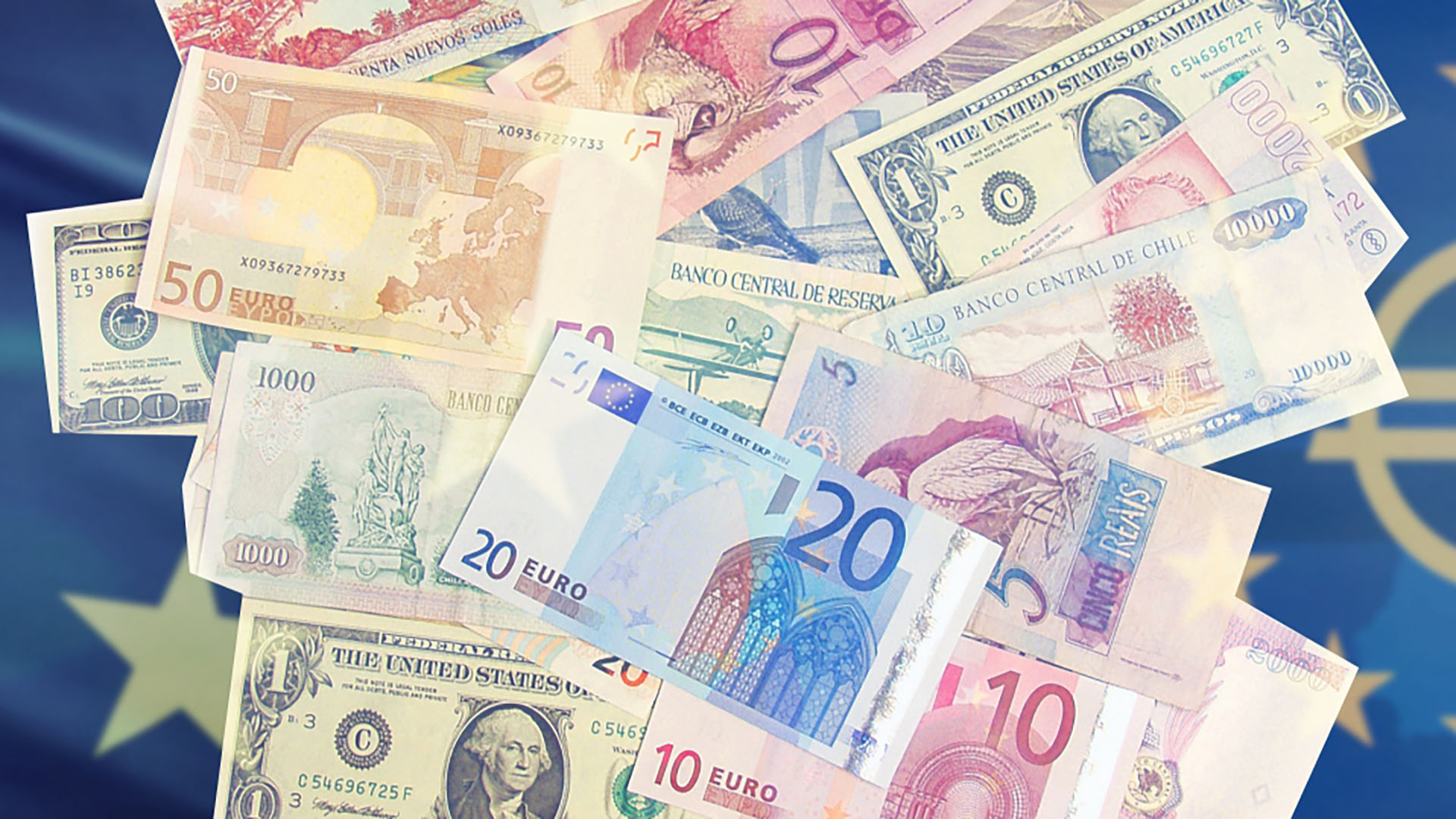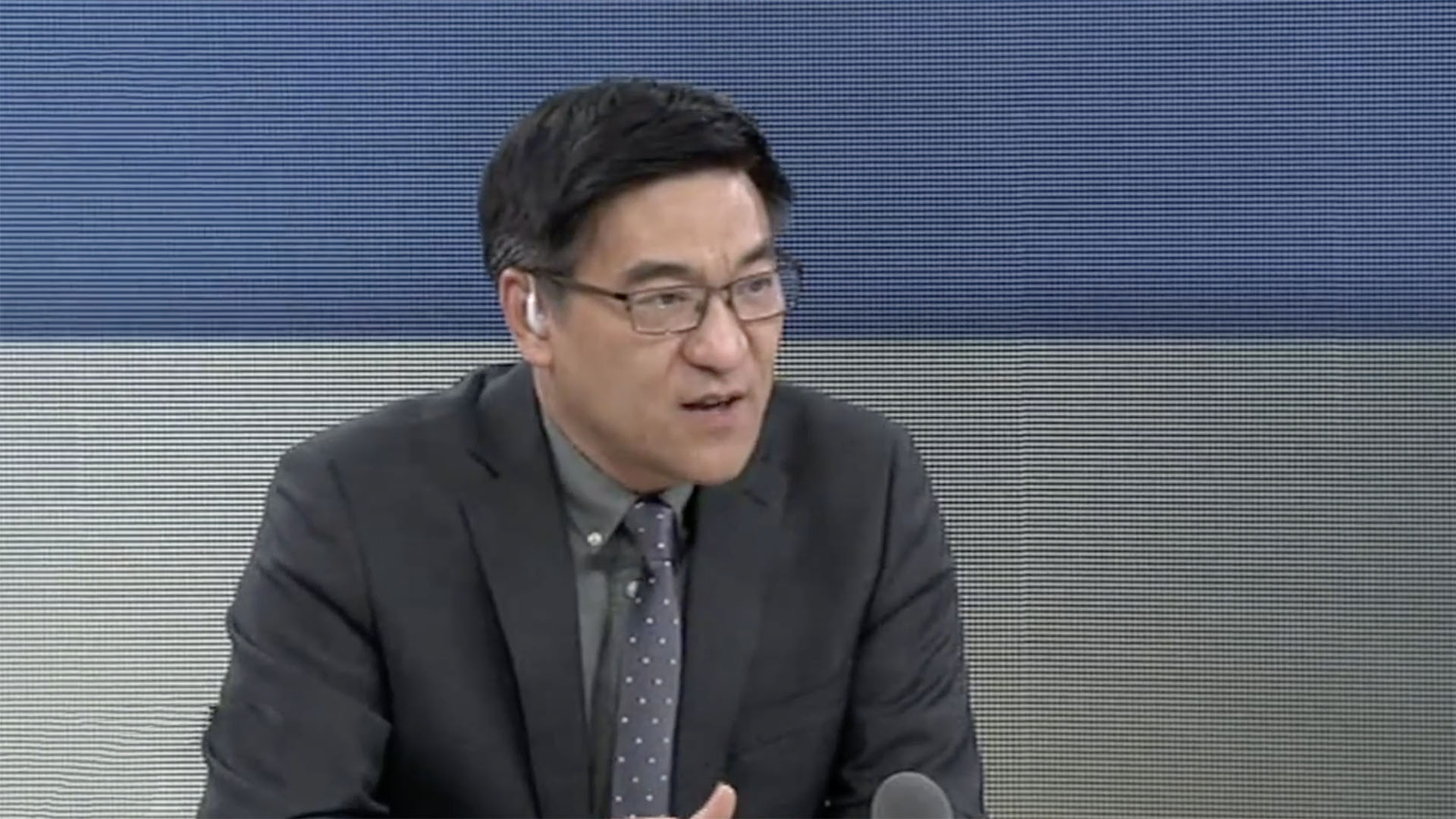
TV Show
22:07, 27-Jan-2019
Is EU on the brink of recession?
Dialogue with Yang Rui
01:52

Recent figures indicate that Germany's economy grew by 1.5 percent in 2018, the slowest since 2013. As Europe's largest economy struggles to maintain its growth, there are increasing concerns that the economic adversities would spiral out of control this year.
Twenty years after introduction of the euro, is the European Union on the brink of recession?
Andy Mok, managing director of Red Pagoda Resource, related the sluggish economic growth of the European Union to the weak external and domestic demand in Europe and warned that it could also be indicative of some structural problems.
In fact, the latest shock came from the plunge in Germany's industrial output, which dropped by 1.9 percent in November and by 4.6 percent year on year, the worst annual performance since the financial crisis in 2018.
00:54

“Germany indeed is the industrial powerhouse and the engine for the growth of the European Union. One of the biggest challenges they are facing is the U.S. market...it's not just China that has been the target of the American tariffs but every country that runs significant trade surplus with the U.S., and that includes Germany and Japan as well,” Mok explained.
Italy is no better, and its economy has barely grown at all since 2004. Like Germany, Italy's manufacturing sector has continued to contract.
Michele Geraci, Under-Secretary of State of the Italian Ministry of Economic Development, remains optimistic about the government's efforts in fighting the economic downturn.
He believes that reforms need time to impact its economy in the coming months. The under-secretary himself has traveled to many countries including China, Japan, Republic of Korea, and the U.S., to promote the country's exports.
01:51

The European Union celebrated its 20th anniversary of adopting the euro as its currency back on New Year's Day in 1999. But with growing fear of an economic recession on the continent, there also come doubts about the future of its single currency.
Professor John Gong from the University of International Business and Economics said that Germany and France have done well holding the EU together and the Euro concept itself is still very much relevant today.
Separate economies would not be as competitive as the single union. And in the past 20 years, the EU has played an important and successful role in facilitating transaction, trade, and services.
(If you want to contribute and have specific expertise, please contact us at opinions@cgtn.com)

SITEMAP
Copyright © 2018 CGTN. Beijing ICP prepared NO.16065310-3
Copyright © 2018 CGTN. Beijing ICP prepared NO.16065310-3